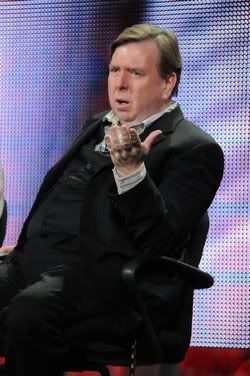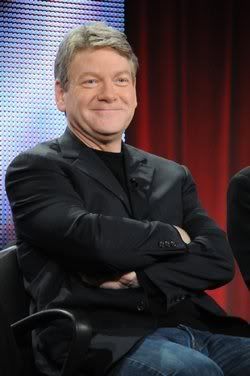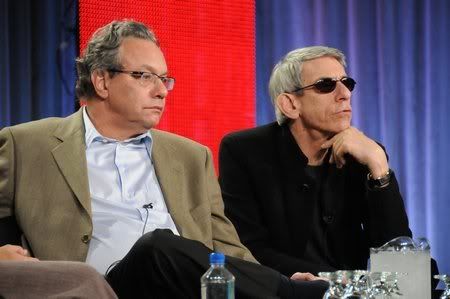As a profoundly white male, I watched the trailer for “American Masters: Hollywood Chinese” and listened to the actors on the panels discuss their respective careers, I couldn’t help but cringe at the treatment that the Chinese have received on television and in the movies.
Look at James Hong, for instance. The man has been a working actor since the 1950s, but when you check out his resume, the number of cliched and stereotypical roles is highly disconcerting. He played Charlie Chan’s son on TV, turned up as Hop-Sing’s cousin on “Bonanza,” has portrayed more waiters than you can imagine, and although it’s not technically a bad thing to play a wise old Asian, it’s a rarity for those sorts of roles to be particularly meaty.
Memorable, yes. But definitely not meaty. Hong worked on the pilot for “Kung Fu,” and he recalled the mindset of the industry at the time, which necessitated that a white guy – David Carradine, of course – play the Chinese lead character.

“As I recall, back in those days and even now, the producers would say the Chinese leads are not marketable, so that is the key sentence,” said Hong. “That means that there would not be enough audience watching the TV that will tune in on a Chinese playing the lead. They were just not accustomed to that. In a sense, they said, ‘Well, what should we do?’ I think what they did, and correct me if I’m wrong, they made the role sort of like a Euro-Asian person so that would bring David in to play the role. In that sense, I find it very pathetic that the producers were shortsighted not to cast one of the Asians to play that role because, like you saw, it is an Asian lead. That is only back during those periods, but it’s still being carried nowadays, because you don’t find many Chinese or Asian Americans playing any leads in TV series, a few in movies and so forth, but very far and few between, just a handful. I find that, after 55 years in this business, this still exists.”

Nancy Kwan, best known for her roles in “Flower Drum Song” and “The World of Suzie Wong,” had her own “Kung Fu” story, though it was in connection with the actor who was originally considering a role on the series.
“Bruce (Lee) and I were in Hong Kong at the time,” she said, “and we were having lunch, and Bruce said, ‘Nancy, I want to do this series called ‘Kung Fu.’” I said, ‘You are?’ He said, ‘Yeah. Yeah. I’m waiting to hear.’ I said, ‘I don’t know, Bruce. I don’t know the timing.’ David was actually a friend of mine at the time. We had worked together on another film. He said, ‘No. No. I’m going to do this.’ So I looked at him and I said, ‘Bet.’ He said, ‘Okay. How much?’ I said, ’10 bucks.’ All right. And I had to collect my 10 bucks.”





